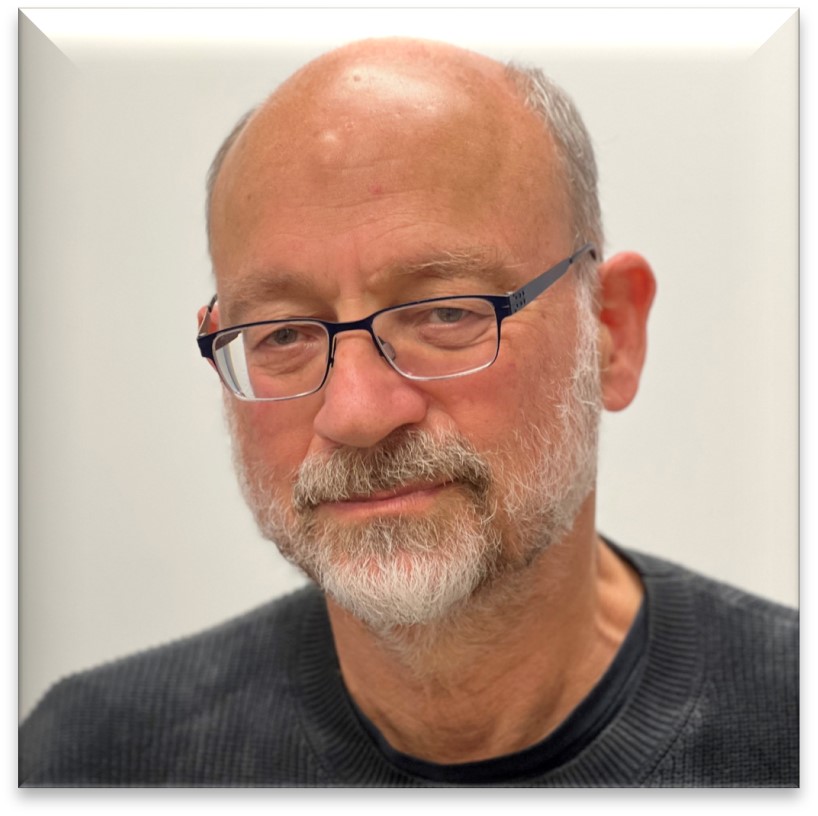The Institute welcomed Professor Joshua Cohen to deliver our 2024 Annual Lecture.
A recording of this engaging talk is available on the Institute's YouTube channel here.
A write-up is also available here, written by DPhil students Helena Ward and Imogen Rivers.
Title: The Reach of Fairness
Abstract: Discussions of fairness and machine learning have been painting on too small a canvass. My talk aims to broaden the scope of normative discourse about machine learning and algorithmic decision making. Beginning from an understanding of fair cooperation among free and equal persons as a fundamental political value, I argue that concerns about fairness and machine learning need to be expanded in three ways. First, unfairness and discrimination are not only a matter of group subordination. I consider forms of anti-discrimination that are not about disadvantaged groups but about removing barriers to opportunity, and suggest practical implications for algorithmic decisions. Secondly, I underscore the limits of a focus on fair organizational decisions in advancing equality of opportunity. Finally, drawing on Rawls, I present aspects of a fair society that are not simply matters of equal opportunity, and consider some broader, under-explored ramifications of algorithms and AI on societal fairness. Specifically, I suggest the implications AI deployment at scale has for fair distribution of wealth and resources and fair political liberties.
The Institute for Ethics in AI will bring together world-leading philosophers and other experts in the humanities with the technical developers and users of AI in academia, business and government. The ethics and governance of AI is an exceptionally vibrant area of research at Oxford and the Institute is an opportunity to take a bold leap forward from this platform.
Every day brings more examples of the ethical challenges posed by AI; from face recognition to voter profiling, brain machine interfaces to weaponised drones, and the ongoing discourse about how AI will impact employment on a global scale. This is urgent and important work that we intend to promote internationally as well as embedding in our own research and teaching here at Oxford.
This event is part of the Cheng Kar Shun Digital Hub events programme at Jesus College.

Professor Joshua Cohen (Apple University, Berkeley) is a political philosopher. He has written on issues of democratic theory, freedom of expression, religious freedom, political equality, democracy and digital technology, good jobs, and global justice. His books include On Democracy; Democracy and Associations; Philosophy, Politics, Democracy; Rousseau: A Free Community of Equals; and The Arc of the Moral Universe and Other Essays. He is co-editor of the Norton Introduction to Philosophy. Cohen taught at MIT (1977-2005), Stanford (2005-2014), is currently on the faculty at Apple University, where he is Acting Dean, and is Distinguished Senior Fellow in Law, Philosophy, and Political Science at Berkeley. Cohen held the Romanell-Phi Beta Kappa Professorship in 2002-3; was Tanner Lecturer at UC Berkeley in 2007; and gave the Comte Lectures at LSE in 2012. Since 1991, he has been editor of Boston Review.
Hosted by

Professor John Tasioulas, the inaugural Director for the Institute for Ethics and AI, and Professor of Ethics and Legal Philosophy, Faculty of Philosophy, University of Oxford. He was previously the inaugural Chair of Politics, Philosophy & Law and Director of the Yeoh Tiong Lay Centre for Politics, Philosophy & Law at The Dickson Poon School of Law, Kings College London. Professor Tasioulas has degrees in Law and Philosophy from the University of Melbourne, and a D.Phil in Philosophy from the University of Oxford, where he studied as a Rhodes Scholar. He was previously a Lecturer in Jurisprudence at the University of Glasgow, Reader in Moral and Legal Philosophy at the University of Oxford, where he taught from 1998-2010, and Quain Professor of Jurisprudence at University College London. He has also acted as a consultant on human rights for the World Bank and is a member of the International Advisory Board of the European Parliament's Panel for the Future of Science and Technology (STOA). He has published widely in moral, legal, and political philosophy.
